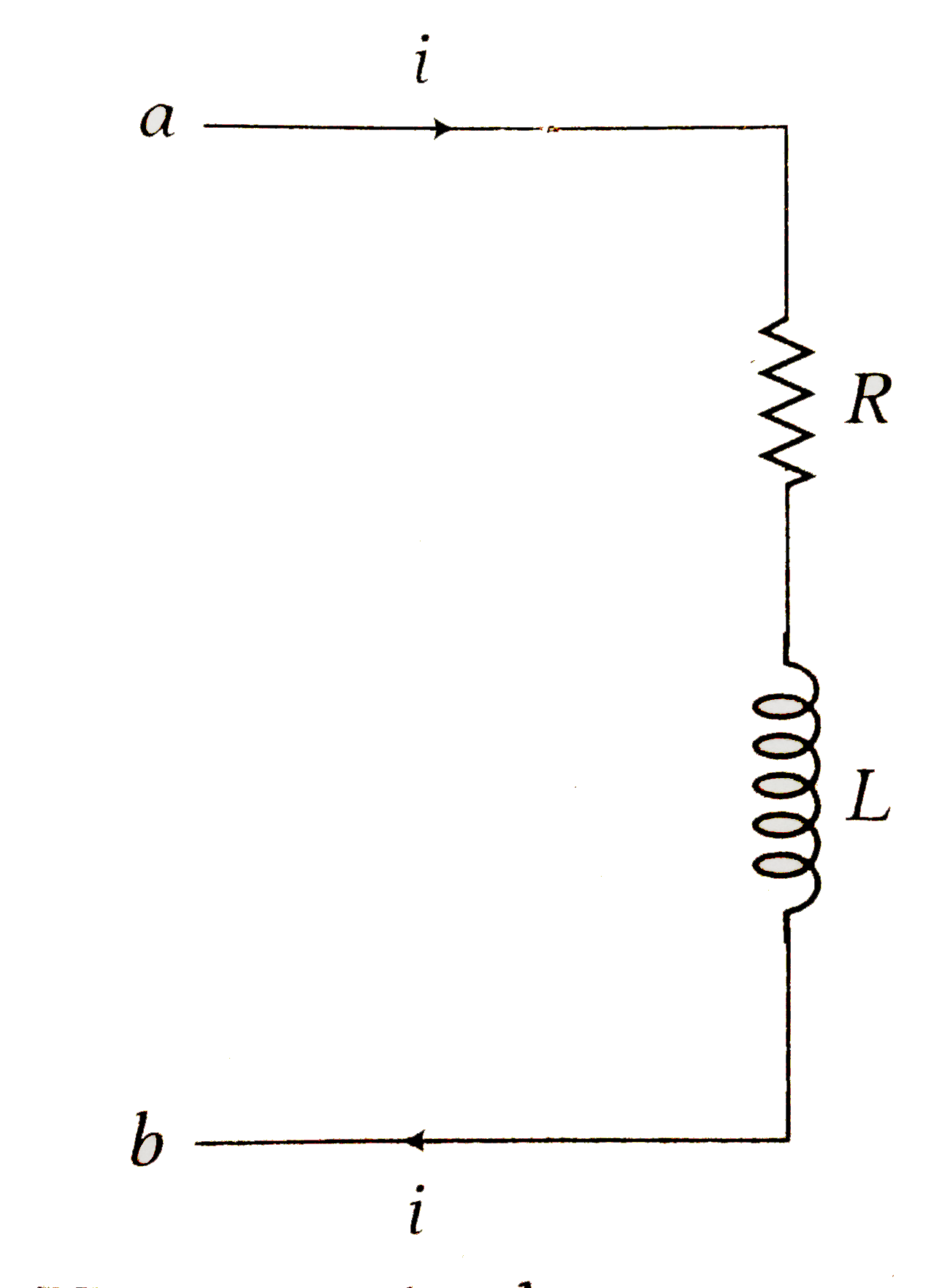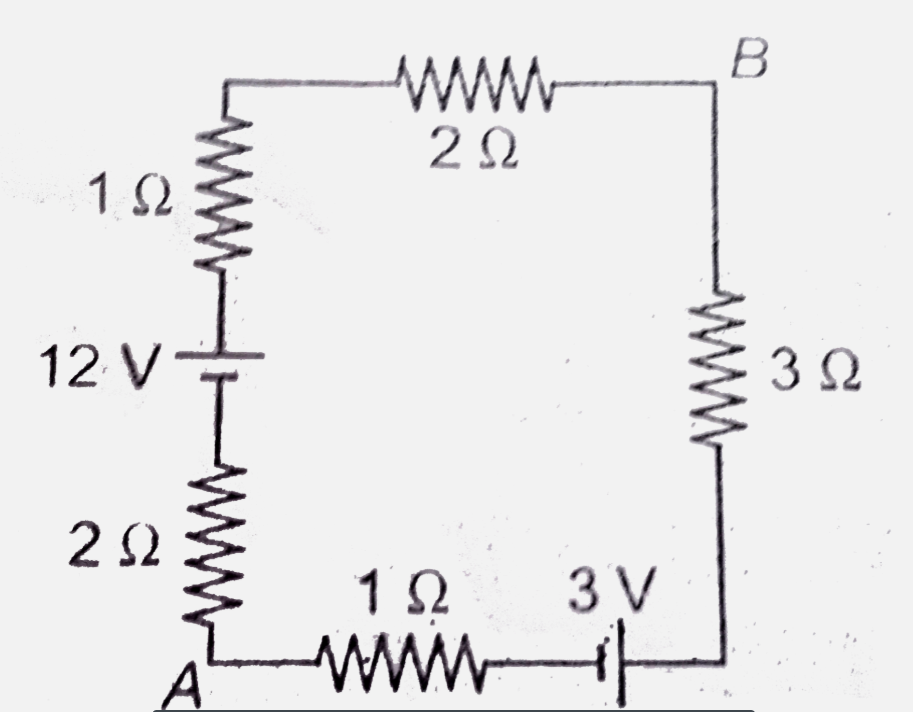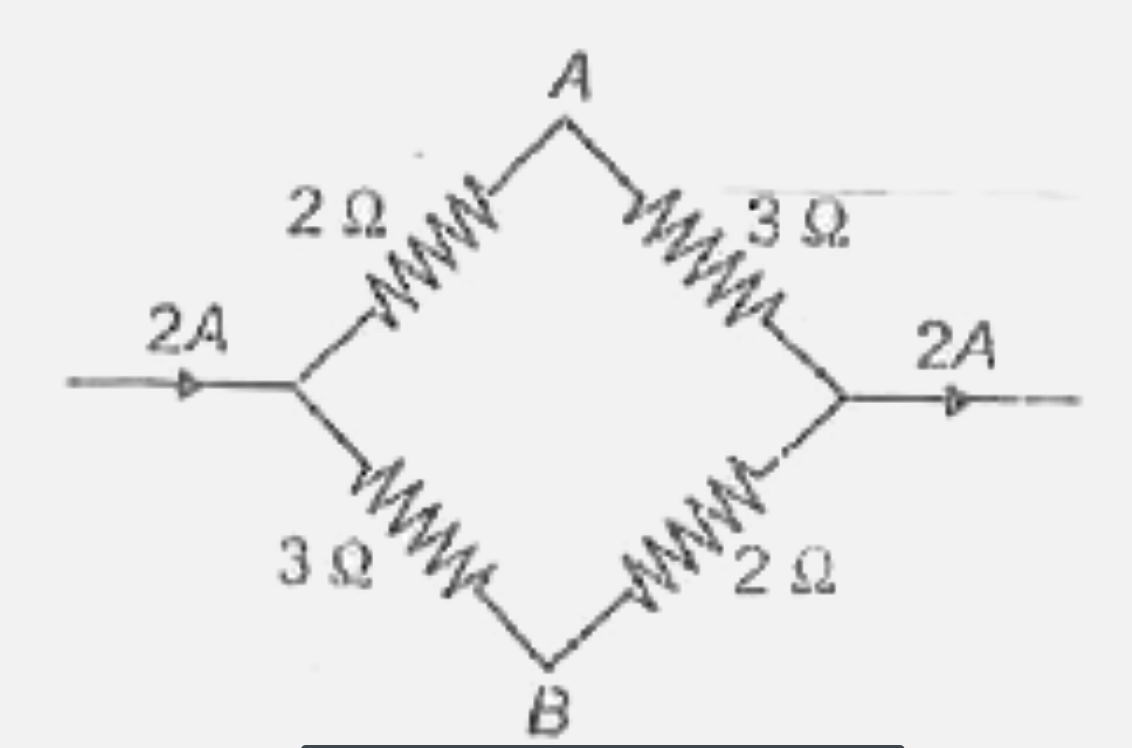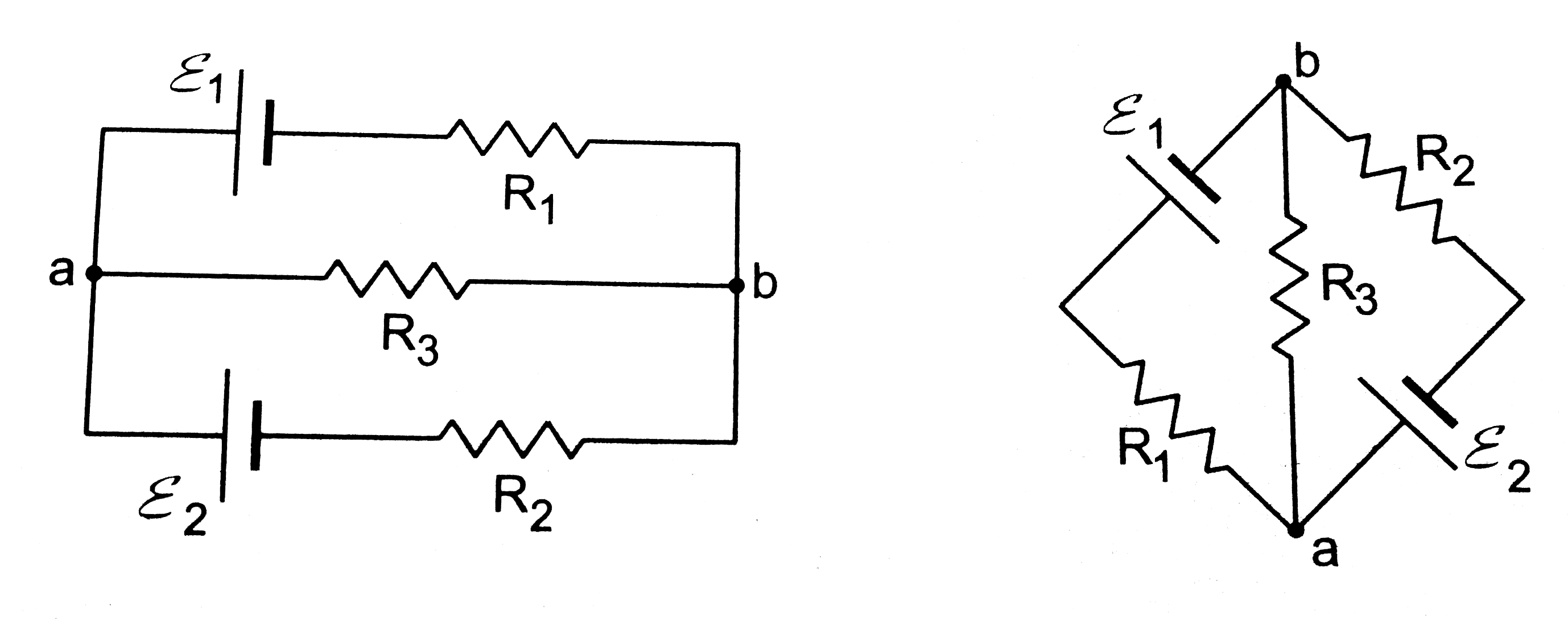What is the potential difference VB−VA when the current i is 5A and is decreasing at a rate of 103A /s
Step by step video & image solution for What is the potential difference V_(B)-V_(A) when the current i is 5A and is decreasing at a rate of 10^(3) A /s by Physics experts to help you in doubts & scoring excellent marks in Class 12 exams.
Similar Questions
The network shown in Fig. is a part of a complete circuit.What is the potential difference VB−VA when the current I is 5A and is decreasing at a rate of 102(A/s) ?
 View Solution
View SolutionIn the circuit (Fig.) what is potential difference VB−VA (in V) when current I is 5A and is decreasing at the rate of 103As−1
 View Solution
View Solution
Knowledge Check
- Question 1 - Select One
The network shown in the figure is a part of complete circuit. What is the potential difference VB−VA when the current I is 5A and is decreasing at a rate of 103A/s?
 A5VB10VC15VD20V
A5VB10VC15VD20V - Question 2 - Select One
When the current in the portion of the circuit shown in the figure is 2A and increasing at the rate of 1A/s,the measured potential difference Va−Vb=8V.However when the current is 2A and decreasing at the rate of 1A/s, the measured potential difference Va−Vb=4V.The values of R and L are:
 A3ohm and 2 Henry respectivelyB2ohm and 3 Henry respectivelyC10ohm and 6 Henry respectivelyD6ohm and 1 Henry respectively
A3ohm and 2 Henry respectivelyB2ohm and 3 Henry respectivelyC10ohm and 6 Henry respectivelyD6ohm and 1 Henry respectively - Question 3 - Select One
When the current in the portion of the circuit shown in the figure is 2 A and increasing at the rate of 1As−1, then the measured potential difference Vab=8V.
However, when the current is 2 A and decreasing at the rate of 1As−1, then the measured potential difference Vab=4V.
The values of R and L are
 A3Ω and 2 H respectivelyB3Ω and 3 H respectivelyC2Ω and 1 H respectivelyD3Ω and 1 H respectively
A3Ω and 2 H respectivelyB3Ω and 3 H respectivelyC2Ω and 1 H respectivelyD3Ω and 1 H respectively
Potential difference VB−VA in the network shown is
 View Solution
View SolutionPotential difference VA−VB in the network shown in
 View Solution
View SolutionFind the potential difference Va−Vbin the circutis shown in figure
 View Solution
View SolutionThe potential difference (VA−VB) between the point A and B in the given figure is :
 View Solution
View SolutionWhen the current in a certain inductor coil is 5.0A and is increasing at the rate of 10.0A/s,the magnitude of potential difference across the coil is 140V.When the current is 5.0A and decreasing at the rate of 10.0A/s,the potential difference is 60V.The self inductance of the coil is :
View Solution
